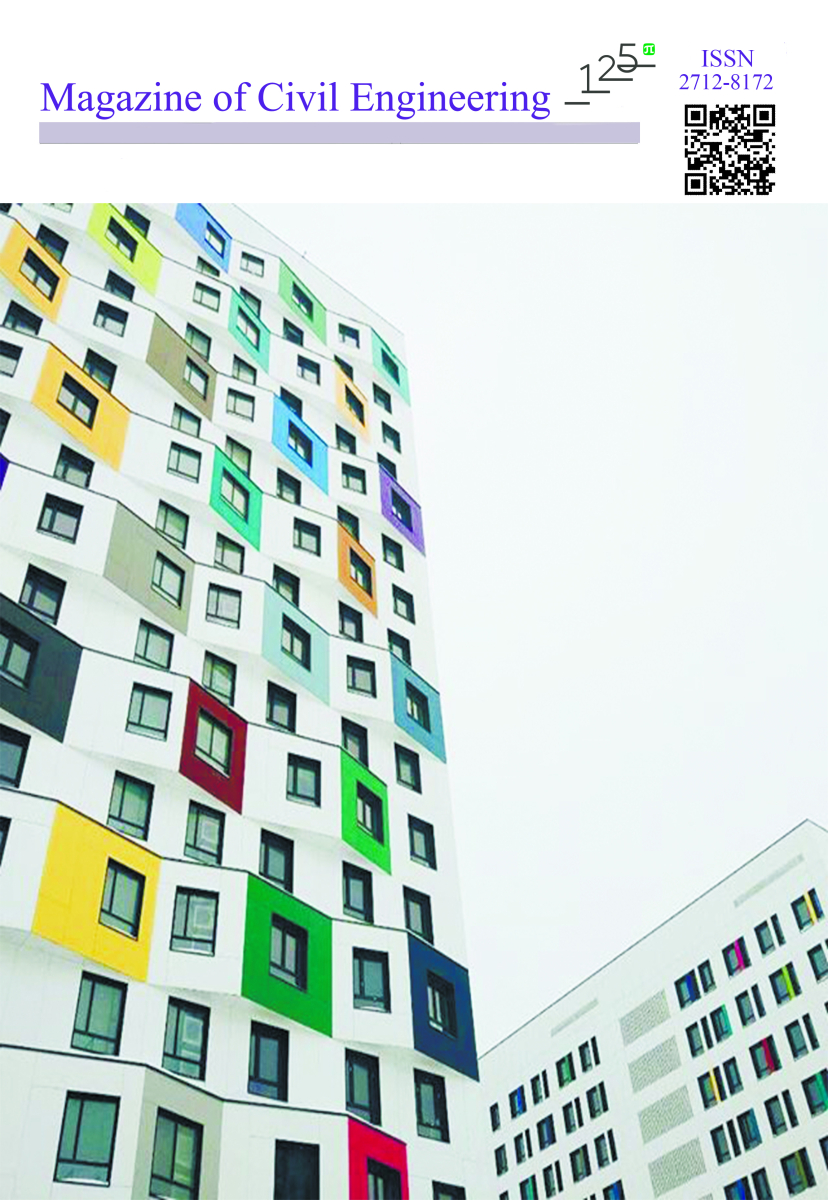Complex Analysis of Energy Efficiency of public buildings: case study of VGTU
The purpose of this work was to make analysis of energy efficiency of Vilnius Gediminas Technical University (VGTU) buildings. The survey was performed within the frame of the Intelligent Energy – Europe (IEE) project “Use Efficiency” – Universities and Students for Energy Efficiency. The methodology of the detailed auditing proves that energy audits must be performed with the maximum use of measurements. When having main parameters measured, it is much exact and easier to form energy balance of the building. It has been inferred that performing detailed energy audits with the support of measurements enable to asses building’s present energy efficiency very precise and consequently savings, related to the proposed energy saving measures, can be assessed more realistic than just analytical calculations. The analysis performed consists of 2 levels: the 1st and the 2nd level audits. During the 1st level audits, according to the operational energy, critical buildings were identified. The 2nd level audits contain a detailed analysis of the energy efficiency of the buildings and are based on different measurements and analytical calculations (performed according to the national methodology). This analysis could be a guideline for others performing this type of investigations.


